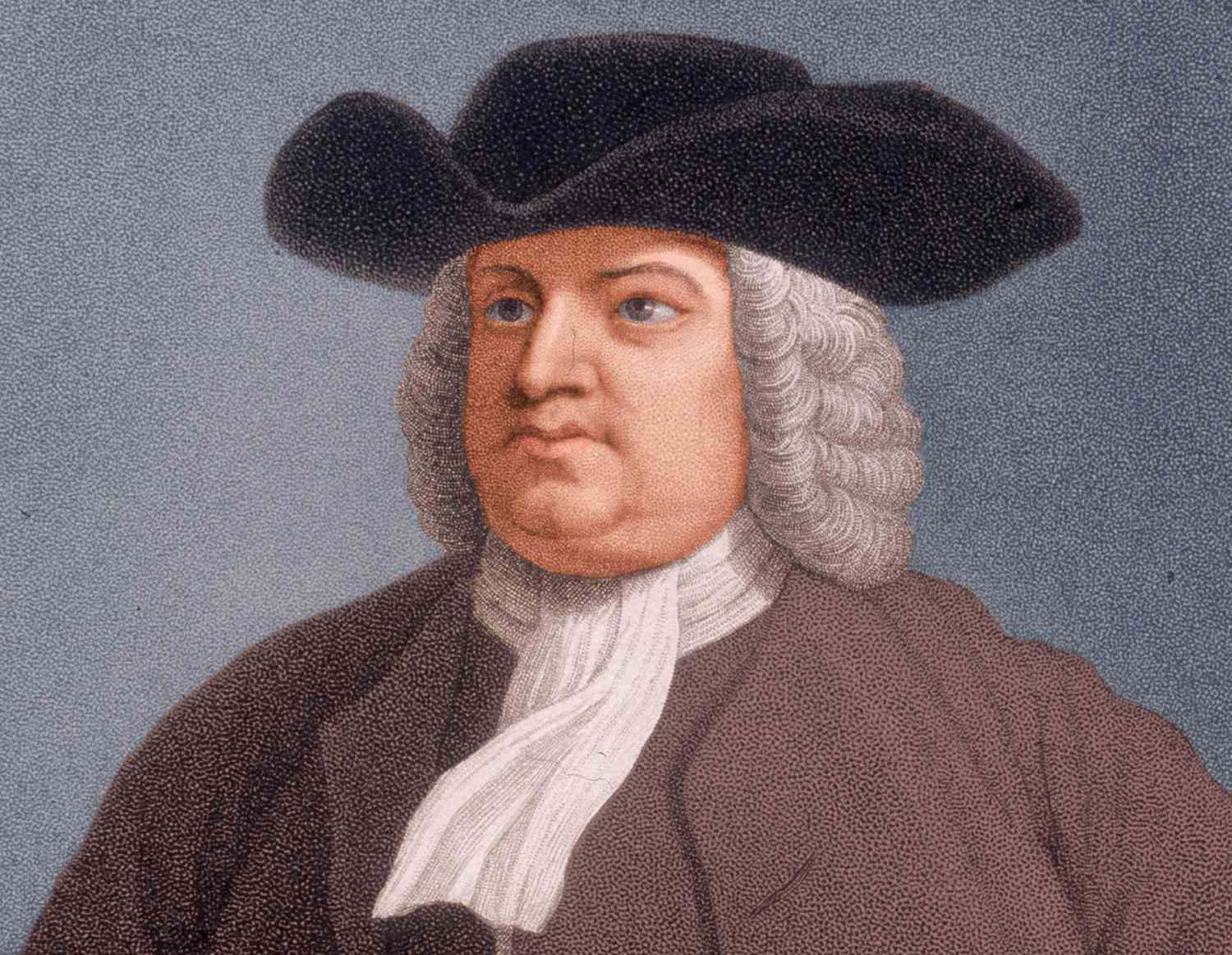William Penn, a prominent figure in American history, was a minister, missionary, and the founder of Pennsylvania. Born in London, England in 1644, Penn was deeply influenced by George Fox, the founder of the Religious Society of Friends, also known as Quakers. Penn’s conversion to Quakerism led to his relentless persecution in England due to the Anglican church’s strong hold. In search of religious freedom, Penn struck a deal with the King and obtained a charter for a new colony in America, which he named Pennsylvania. This marked the beginning of his Holy Experiment, where he aimed to establish a society based on Quaker values of peace, equality, and religious tolerance.
Early Life and Conversion to Quakerism
William Penn was born on October 14, 1644, in London, England. He was the son of a British admiral and grew up in an upper-class family. During his youth, Penn developed a close friendship with George Fox, the founder of the Quakers. Inspired by Fox’s teachings, Penn converted to Quakerism and embraced the Quaker way of life.
However, Penn’s conversion to Quakerism came at a cost. Like Fox, he faced relentless persecution in England due to the strong influence of the Anglican church. Penn was imprisoned multiple times for his religious beliefs, which led him to question the Anglican church’s intolerance towards the Quakers.
The Deal with the King: Founding Pennsylvania
After experiencing persecution for his Quaker beliefs, Penn realized that the Anglican church in England would not tolerate the presence of the Friends’ Church. Moreover, the government owed Penn’s family a significant sum of money, amounting to £16,000, as unpaid wages for his late father’s service. In a bold move, Penn struck a deal with the King of England.
Penn proposed that in exchange for canceling the debt owed to his family, he would be granted a charter for a colony in America. The King agreed, and the colony was named Pennsylvania, meaning “Forests of Penn,” as a tribute to Penn’s father, the Admiral. Penn was appointed as the administrator of the colony, and he promised to pay the King two beaver pelts and a fifth of any gold and silver mined within Pennsylvania annually.
Incorporating Quaker Ethics: A Peaceful and Prosperous Colony
With the establishment of Pennsylvania, William Penn had the opportunity to put his Quaker beliefs into practice. He envisioned a society that incorporated Quaker ethics, offering peace, prosperity, and religious freedom. Penn’s leadership and the principles he implemented in Pennsylvania became an example of what Christianity in action could achieve.
Quaker Values: Peace, Equality, and Fair Government
One of the core Quaker values that Penn embraced was peace. In Pennsylvania, there was no military draft since the Quakers rejected war. This approach to peace was radical compared to the other American colonies, which were often controlled by Puritans who considered any political dissent as a crime.
In addition to peace, Penn demonstrated a commitment to equality. Despite coming from an upper-class background, he had witnessed the exploitation of the poor in England and was determined not to perpetuate such injustice in Pennsylvania. Penn treated women as equals, encouraging their education and advocacy, which was revolutionary for the 17th century.
Penn’s commitment to fair government was also evident in his approach to the Native American tribes in the region. Instead of seizing their land like the Puritans did, Penn treated the Native Americans as equals and negotiated fair purchases from them. He learned their languages, entered their lands unarmed, and established a model trial system to resolve disputes between settlers and Native Americans.
Religious Tolerance: The Cornerstone of the Holy Experiment
Perhaps the most radical aspect of Penn’s Holy Experiment was his commitment to religious tolerance. Having experienced firsthand the court battles and prison sentences due to his religious beliefs, Penn saw no threat in allowing different religious groups to practice freely in Pennsylvania. He believed that each person should have the freedom to seek God in their own way.
Unlike other American colonies, Pennsylvania did not have an official church. Penn even offered free land to various religious groups, attracting immigrants from England, Ireland, Germany, and other parts of Europe. Catholics, Jews, and persecuted Protestant denominations all found refuge in Pennsylvania.
The Influence of Religious Tolerance
Word quickly spread to Europe about the religious freedom offered in Pennsylvania, and the colony became a haven for those seeking refuge from religious persecution. The diverse influx of immigrants contributed to the rapid growth and prosperity of Pennsylvania. The colony became one of the most populated and prosperous of the American colonies, attracting people from various religious backgrounds.
Penn’s Challenges and Legacy
Despite the success of his Holy Experiment, William Penn faced numerous challenges throughout his life. With a change in the British monarchy, his fortunes were reversed upon his return to England. He was arrested for treason, his estate was seized, and he became a fugitive for four years, hiding in London’s slums. Although his name was eventually restored, Penn faced further troubles due to the deceitful actions of his business partner, Philip Ford.
Penn suffered from two strokes in 1712 and passed away in 1718. His legacy, however, lived on through the prosperous and influential colony he founded. Pennsylvania continued to thrive, and Penn’s principles of freedom and equality later influenced the writing of the U.S. Constitution.
Conclusion
William Penn, the founder of Pennsylvania, left a lasting impact on American history through his Holy Experiment. His commitment to Quaker values of peace, equality, and religious tolerance shaped the colony of Pennsylvania into a prosperous and diverse society. By incorporating these principles into the governance of the colony, Penn provided a model of what Christianity in action could achieve. His legacy continues to inspire and influence the principles of freedom and equality in the United States.




No comments! Be the first commenter?